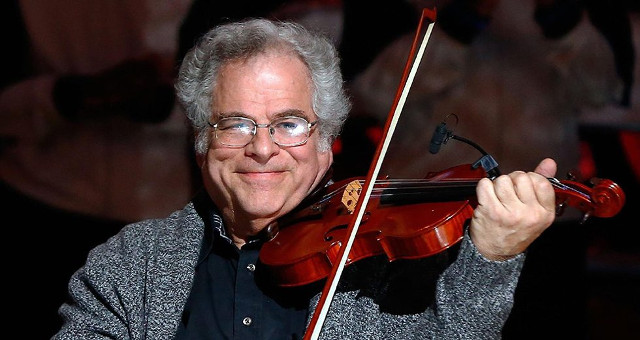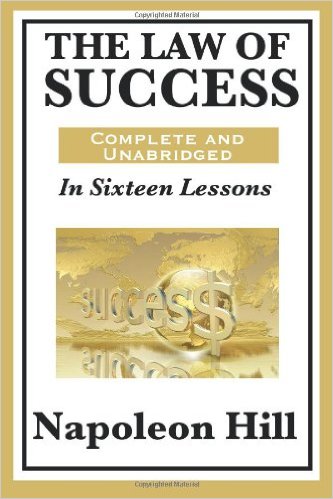2016 is coming to an end and as usual, I think I should write some thing as I reflect over my actions and results of 2016.
But that would be too broad a topic to write about and would make this post unfocused. So instead, I’d share with you about one of the most important points I’ve learned over the past year about the growth rate of entrepreneurs.
How many books should entrepreneurs read a year?
I’ve been a book enthusiast for a long time and that means I’ve read, say, for average 7 books a year for the past 10 years or so. Before doing startups, most of the books I read are about personal development and for the past 3 years or so, they’re all about business and startups.
7 books a year used to seem like a big deal for me. I’m an action-all-the-time person so to finish a book it would spread over a few weeks. And from time to time, I got distracted by other things and this prolonged the reading time even more.
Then one day I got curious as to how many books other entrepreneurs read. And here is a startling stats:
Continue reading Your business and your growth as an entrepreneur



